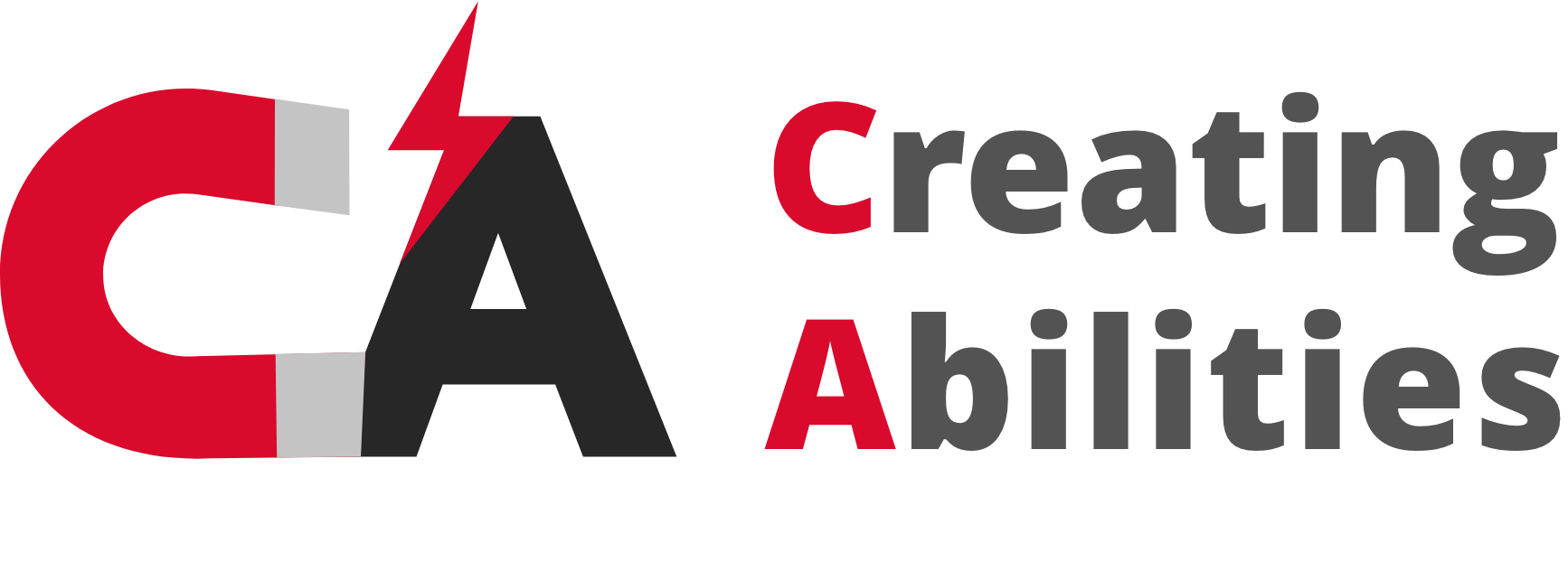Education
Ninety percent of children with disabilities in developing countries do not attend school, according to the United Nations Educational, Scientific and Cultural Organization (UNESCO).
The World Health Organisation and the World Bank estimate that one billion people experience some form of disability. Of those, it is estimated that 93 to 150 million are children. According to Plan International these children are 10 times less likely to go to school than other children and when they do attend school, it is likely to be in a segregated setting. The Global Partnership for Education estimates that 90% of children with disabilities in low and lower-middle income countries do not go to school.
Historically, children with disabilities have been excluded from the general #Education system and placed in ‘special schools’. In some cases, they are separated from their families and placed in long-term residential institutions where they are educated in isolation from the community, if they are educated at all.
Children with disabilities have very low rates of initial enrolment. Even if they do attend school, children with disabilities are more likely to drop out and leave school early without transitioning to secondary school and beyond (GCE, Equal right, equal opportunity report, 2014). Children with disabilities are also at increased risk of school violence and bullying, preventing the safe enjoyment of their right to education (UNESCO, School violence and bullying: Global status report, 2016).
These facts and figures reflect the impact of the significant ongoing barriers to education faced by many people with disabilities, which include:
- lack of accessibility, both in terms of physically inaccessible school buildings and unsuitable learning materials
- discrimination and prejudice which prevents people with disabilities from accessing education on equal terms to others
- exclusion or segregation from mainstream school settings (also referred to as ‘regular schools’)
- inferior quality of education, including in mainstream settings where children with disabilities have been ‘integrated’ into the existing non-inclusive system
We promote & implement appropriate measures, such as:
- Endorsing the learning of Braille, alternative script, augmentative and alternative modes, means and formats of communication and orientation and mobility skills, and facilitating peer support and mentoring;
- Supporting the learning of sign language and promoting the linguistic identity of the deaf community;
- Advocating that education of persons, particularly children, who are blind and/or deaf, is delivered in the most appropriate languages and means of communication for the individual; and
- Employing teachers, including teachers with disabilities, who are qualified in sign language and/or Braille, and to train education professionals and staff about disability awareness, use of augmentative and alternative modes and formats of communication, and educational techniques and materials to support persons with disabilities.

Creating Abilities is a global organization established with a mission to uplift and support the specially-abled citizens around the world by providing them with an environment and resources to grow and be self sustainable.

